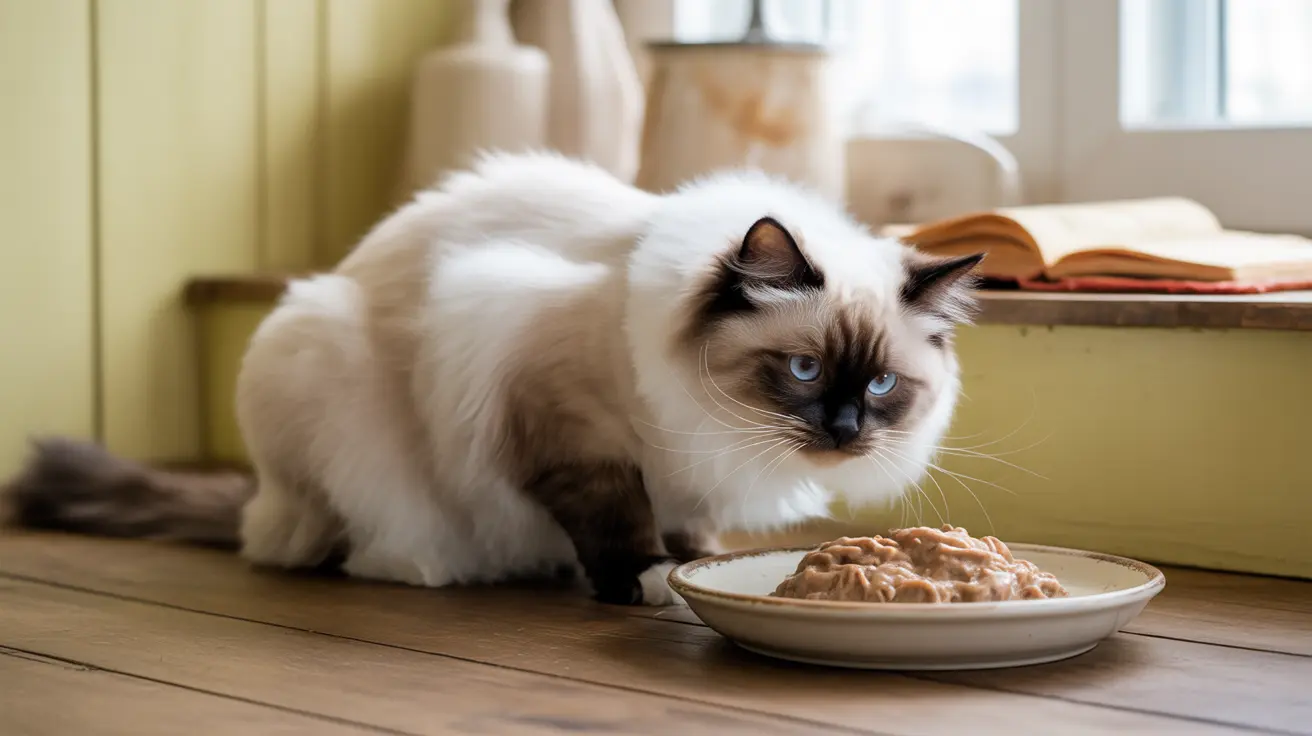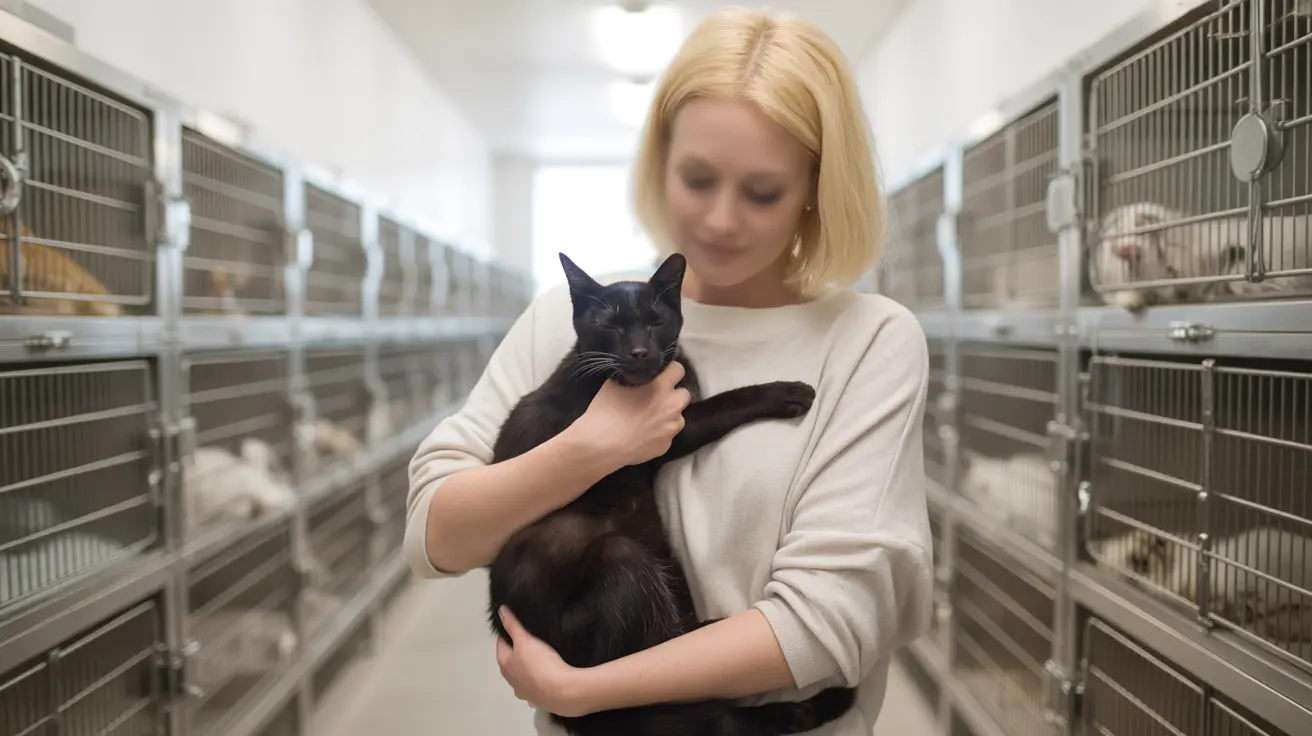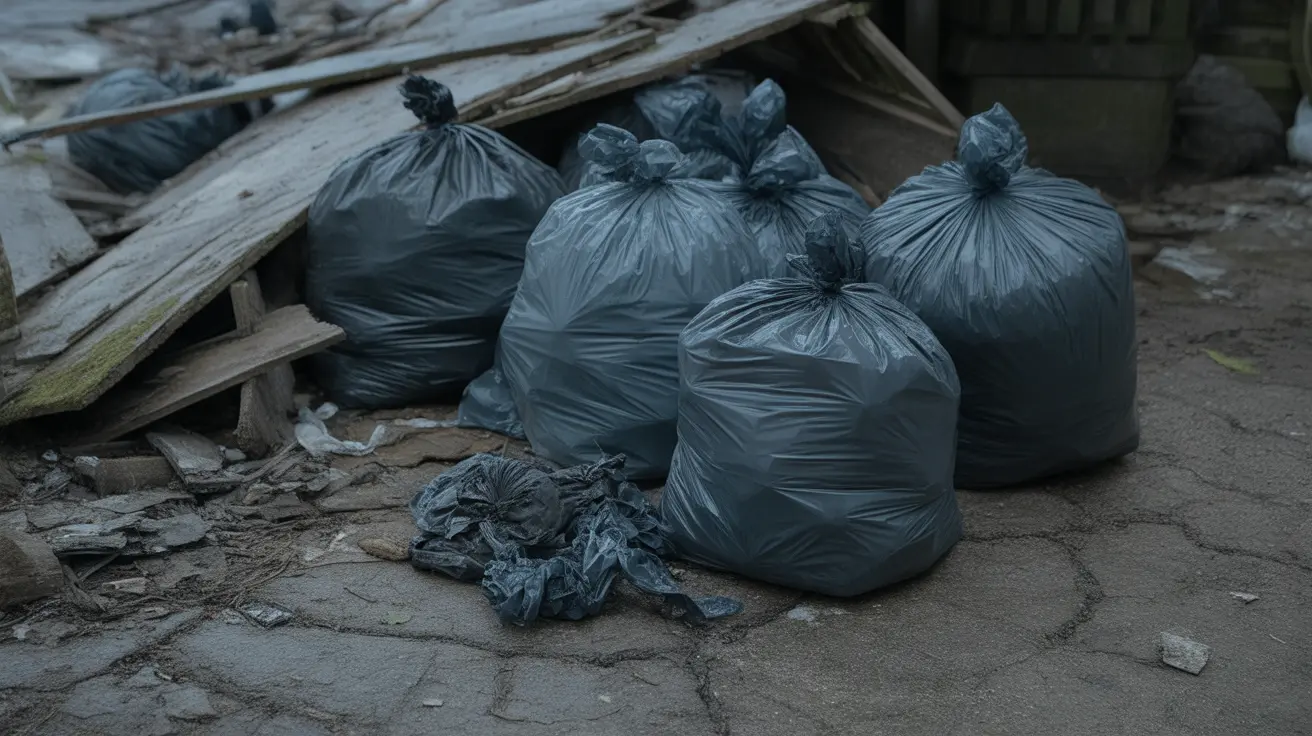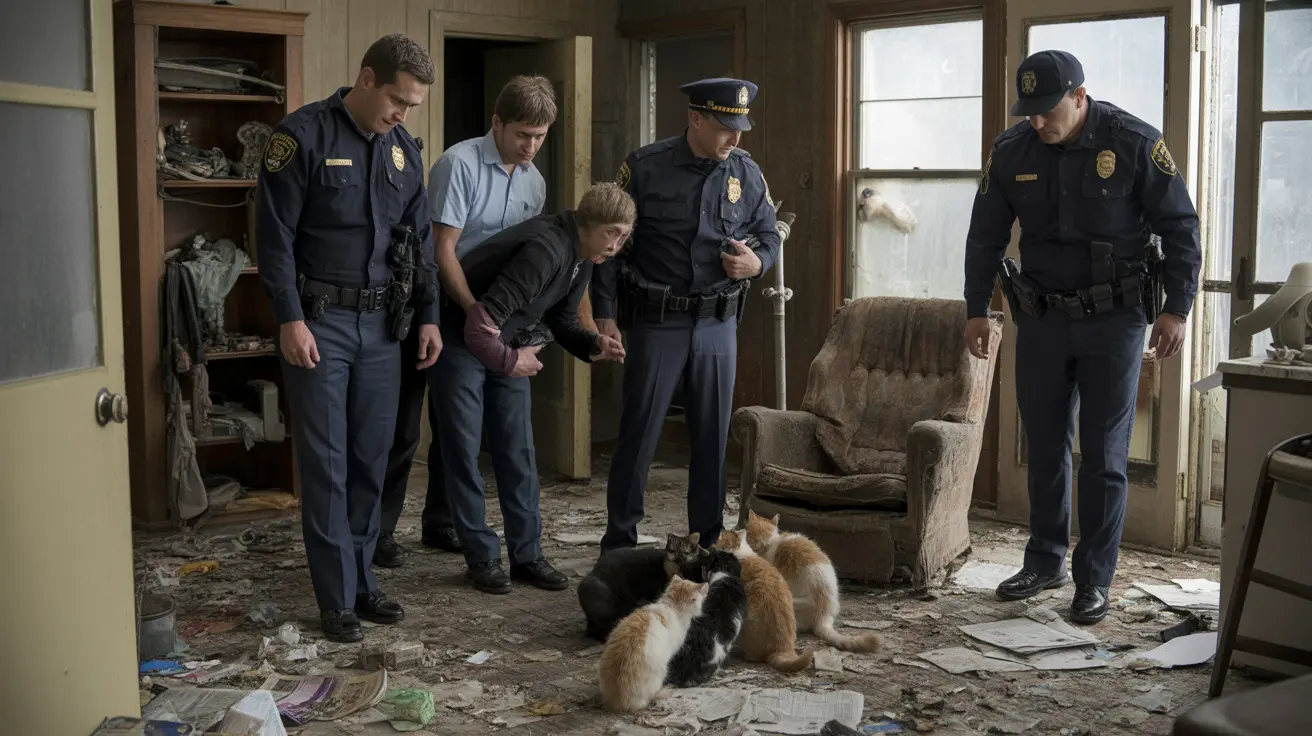As cats enter their golden years, many pet parents notice changes in their eating habits and wonder if decreased appetite is a normal part of aging. While it's common to assume senior cats naturally eat less, the reality is more complex. Understanding these changes is crucial for maintaining your aging cat's health and ensuring they receive proper nutrition.
Let's explore the factors affecting senior cat appetite, when to be concerned about changes in eating habits, and how to support your elderly feline's nutritional needs effectively.
Age-Related Changes in Feline Appetite
Contrary to popular belief, not all senior cats experience decreased appetite with age. Some may actually require more calories to maintain a healthy weight, while others might show changes in food preferences or eating patterns. These variations depend on several factors, including overall health, activity level, and individual metabolism.
Common Causes of Appetite Changes
Senior cats may experience appetite changes due to various factors:
- Dental issues and oral pain
- Decreased sense of smell and taste
- Chronic health conditions
- Mobility problems affecting food access
- Changes in metabolism
- Medication side effects
Understanding Senior Cat Nutritional Needs
Many senior cats actually require more calories than their younger counterparts to maintain healthy body weight. This increased caloric need often results from changes in how their bodies process and utilize nutrients. Some cats may need up to 25% more calories in their senior years, particularly if they're dealing with health issues or decreased nutrient absorption.
Signs Your Senior Cat Needs Dietary Adjustments
Watch for these indicators that your cat's nutritional needs may be changing:
- Unintended weight loss or gain
- Changes in coat condition
- Decreased energy levels
- Altered eating patterns
- Difficulty maintaining muscle mass
Supporting Your Senior Cat's Appetite
There are several ways to encourage healthy eating habits in senior cats:
- Warm food slightly to enhance aroma
- Offer wet food options for easier consumption
- Provide multiple small meals throughout the day
- Ensure easy access to food and water bowls
- Consider elevated feeding stations for cats with mobility issues
Creating an Optimal Feeding Environment
Make mealtime comfortable and stress-free by:
- Maintaining consistent feeding schedules
- Providing quiet, peaceful eating areas
- Using shallow, wide bowls for easier access
- Keeping food and water bowls clean
- Avoiding competition from other pets
When to Seek Veterinary Care
While some appetite changes are normal with age, others may signal underlying health issues. Consult your veterinarian if you notice:
- Sudden changes in appetite or eating habits
- Rapid weight loss or gain
- Complete food refusal for more than 24 hours
- Difficulty eating or drinking
- Behavioral changes around mealtimes
Frequently Asked Questions
Why do some senior cats eat less as they age, and what are the common causes?
Senior cats may eat less due to dental problems, decreased senses of smell and taste, chronic health conditions, or mobility issues affecting their ability to reach food. However, some cats actually need more calories as they age to maintain healthy body weight.
How can I determine if my senior cat needs more or fewer calories to stay healthy?
Monitor your cat's weight, body condition, and energy levels regularly. Consult with your veterinarian to determine appropriate caloric needs based on age, health status, and activity level. Regular weigh-ins can help track changes and adjust portions accordingly.
What dietary changes can I make to help my senior cat maintain a healthy weight and body condition?
Consider switching to senior-specific cat food, offering both wet and dry options, warming food to enhance aroma, and providing multiple small meals throughout the day. Ensure easy access to fresh water and consider nutrient-dense foods if appetite is decreased.
How can I encourage my senior cat to eat more if they are losing weight due to health issues or preference changes?
Try warming food slightly, offering various textures and flavors, using appetite stimulants if prescribed by your vet, and ensuring comfortable feeding locations. Sometimes hand-feeding or providing specialized feeding stations can help cats with mobility issues.
What are the signs that my senior cat's reduced appetite is a symptom of a medical issue, and when should I consult a veterinarian?
Contact your veterinarian if you notice sudden appetite changes, significant weight loss, difficulty eating, lethargy, or changes in drinking habits. Regular veterinary check-ups can help catch potential health issues early before they severely impact appetite and nutrition.
Conclusion
While some senior cats may eat less due to various age-related factors, others might actually need increased caloric intake to maintain their health. The key is regular monitoring, working closely with your veterinarian, and making appropriate adjustments to meet your aging cat's individual needs. By understanding and responding to these changes, you can help ensure your senior cat maintains proper nutrition throughout their golden years.






